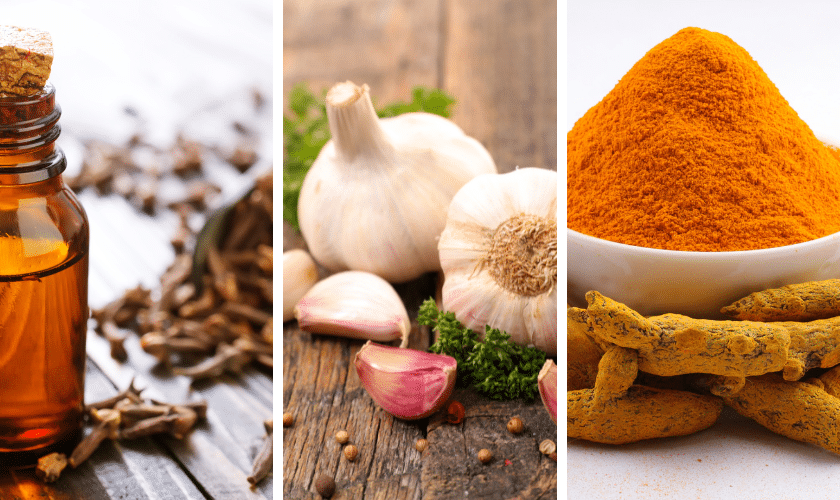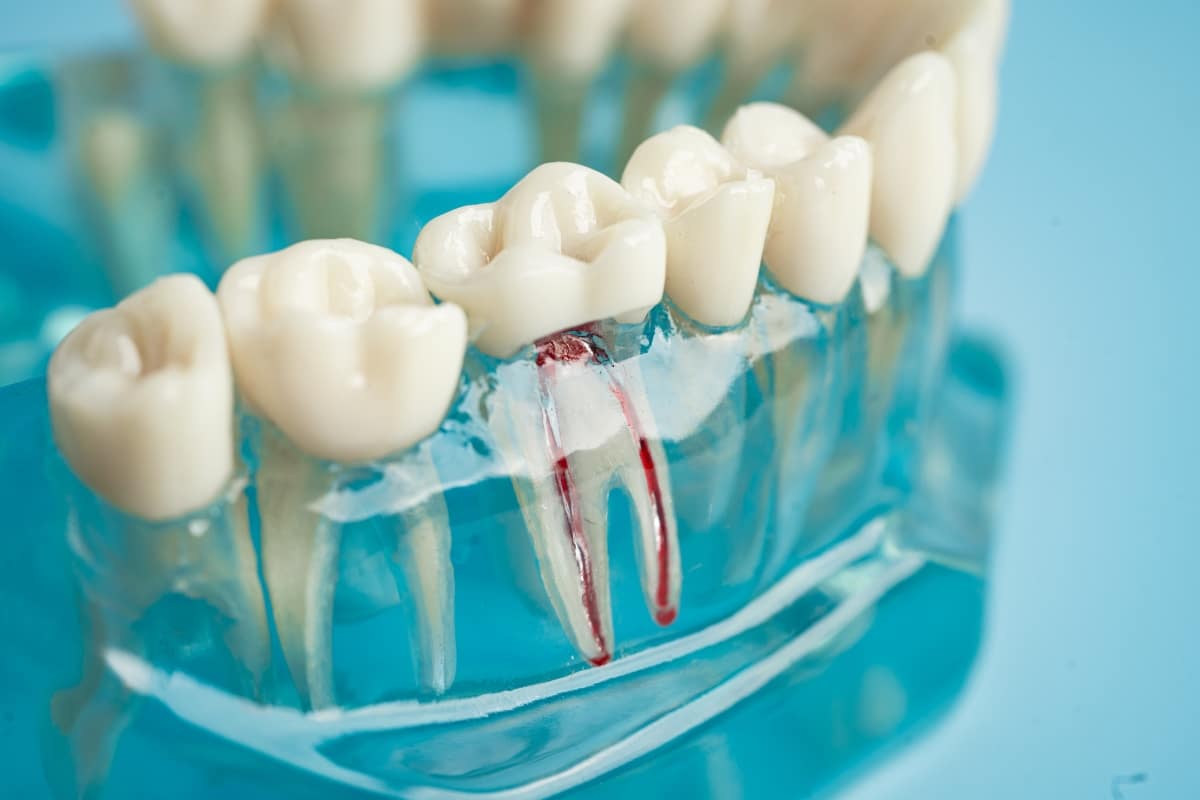Same-day treatments are available.
What Is The Strongest Natural Antibiotic For Tooth Infection?

Toothaches are no fun. Throbbing pain, sensitivity to hot and cold, and that general feeling of something being wrong in your mouth can put a damper on anyone’s day. If you’re experiencing a toothache, you might be wondering if there’s a natural antibiotic for tooth infection that can help.
While some home remedies can offer temporary relief and a boost to your body’s natural defenses, it’s important to understand that they aren’t a cure-all.
Understanding Tooth Infections
Toothaches often stem from a deeper problem: a tooth infection. These infections occur when bacteria breach the hard enamel of your tooth and invade the softer pulp inside. This pulp contains nerves, blood vessels, and connective tissues, so an infection there can be quite painful.
If a tooth infection is not treated, it may spread to the jawbone and possibly even the bloodstream, which could result in dangerous health issues.
Home Remedies Options As Natural Antibiotics For Relief From Tooth Infections.
While natural antibiotics aren’t substitutes for professional dental care, they can provide temporary pain relief and bolster your body’s innate healing mechanisms. Here are some prevalent natural alternatives for alleviating tooth infections:
- Clove Oil: For centuries, clove oil has served as a potent natural antibiotic and pain reliever. Its eugenol compound possesses numbing abilities that effectively alleviate toothache discomfort. Dilute a drop of clove oil with four drops of carrier oil, such as olive oil, and gently apply it to the affected area using a cotton swab. Exercise caution, as direct contact with gums may irritate. Use sparingly for optimal results.
- Warm Saltwater Rinse: This is a simple yet effective way to reduce inflammation and promote healing. Mix one teaspoon of table salt into a cup of warm water and swish thoroughly for 30 seconds. Repeat several times a day.
- Garlic: Garlic is a natural antibiotic with some antibacterial properties. However, there’s limited scientific evidence to support its effectiveness against tooth infections. Some people find chewing on a raw garlic clove provides temporary pain relief, but use caution as it can irritate your mouth.
- Turmeric: This golden spice has anti-inflammatory properties that can help reduce swelling and pain associated with a tooth infection. Make a paste with turmeric powder and water and apply it to the affected gum area.
- Cold Compress: Apply a cold compress to the outside of your cheek near the affected tooth to reduce inflammation and throbbing pain.
Do We Always Need Antibiotics?
Not necessarily. While antibiotics are highly effective in combating bacterial infections, they shouldn’t be your first line of defense for a toothache. Here’s why:
- Overuse and Resistance: The overuse of antibiotics contributes to antibiotic resistance, a growing public health concern. When antibiotics are used too frequently, bacteria can develop resistance, making them less effective in the future.
- Underlying Cause: Natural options can provide temporary relief, but they won’t address the underlying cause of the infection. You’ll still need to see a dentist to diagnose the problem and determine the best course of treatment. This might involve removing decay, performing a root canal, or even extracting the tooth.
When to See a Dentist
If your toothache is severe, persistent, or accompanied by other symptoms like swelling, fever, or difficulty breathing, see a dentist immediately. Early diagnosis and treatment are crucial to prevent the infection from spreading and causing further complications.
Here are some additional signs that indicate a dentist visit is necessary:
- The pain is constant and throbbing.
- Your gums are swollen or red.
- A nasty taste is bothering you.
- You have difficulty biting or chewing.
- Your face is swollen.
While natural antibiotics can provide relief for minor toothache discomfort, they should not replace professional dental treatment. If you’re suffering from a toothache, it’s crucial to promptly schedule an appointment with your dentist. Seeking early intervention can prevent the infection from escalating and potentially save your tooth.
Remember, a healthy mouth is a happy mouth! Practice good oral hygiene by brushing twice a day, flossing daily, and scheduling regular dental checkups to keep your smile bright and pain-free.

7 Foods and Drinks to Avoid After Professional Teeth Whitening in Cypress

What to Expect After a Root Canal Treatment in Cypress



